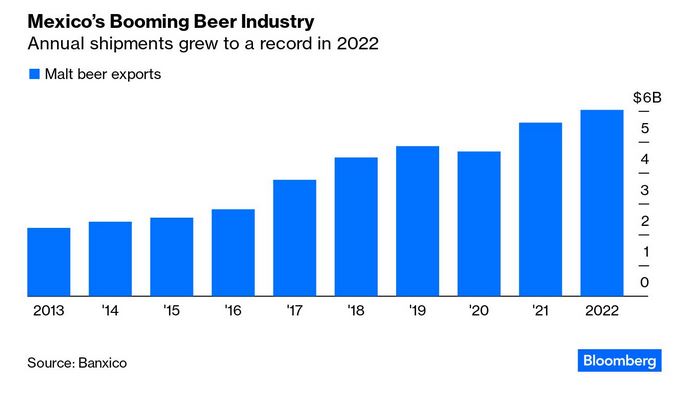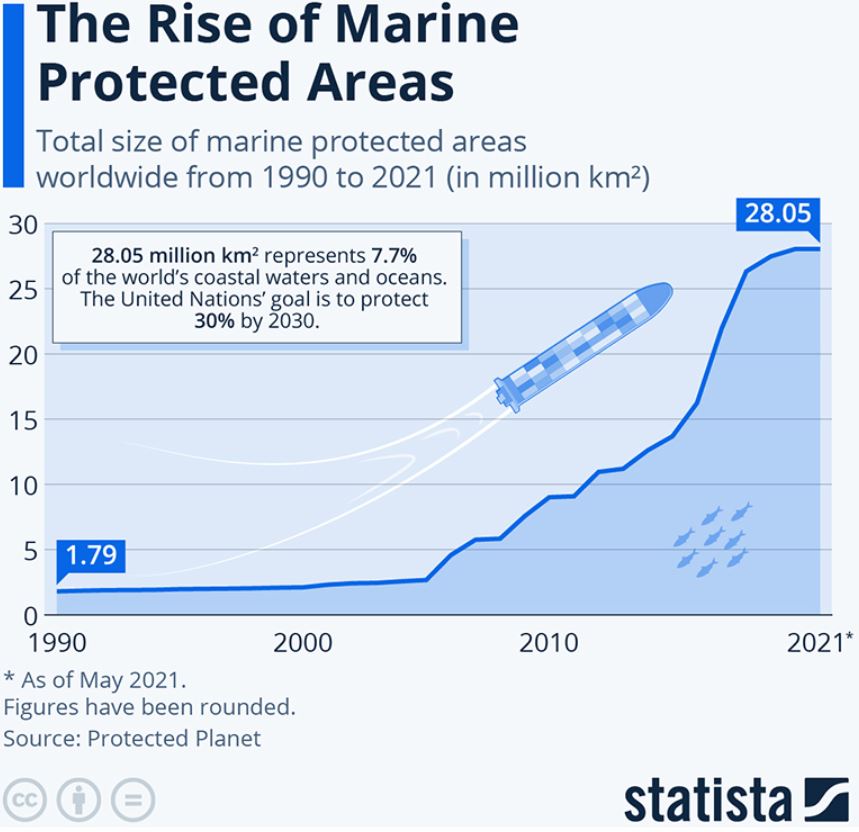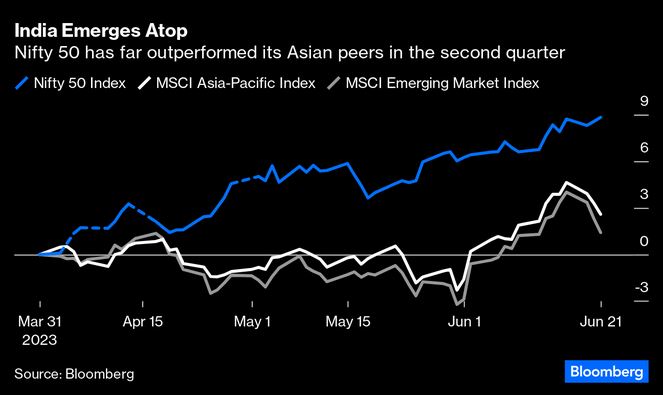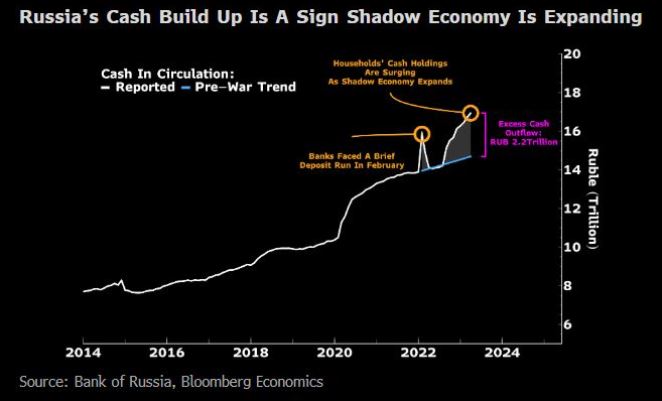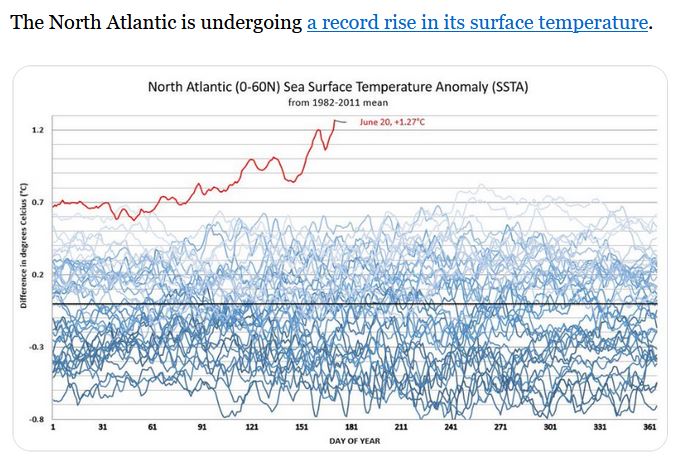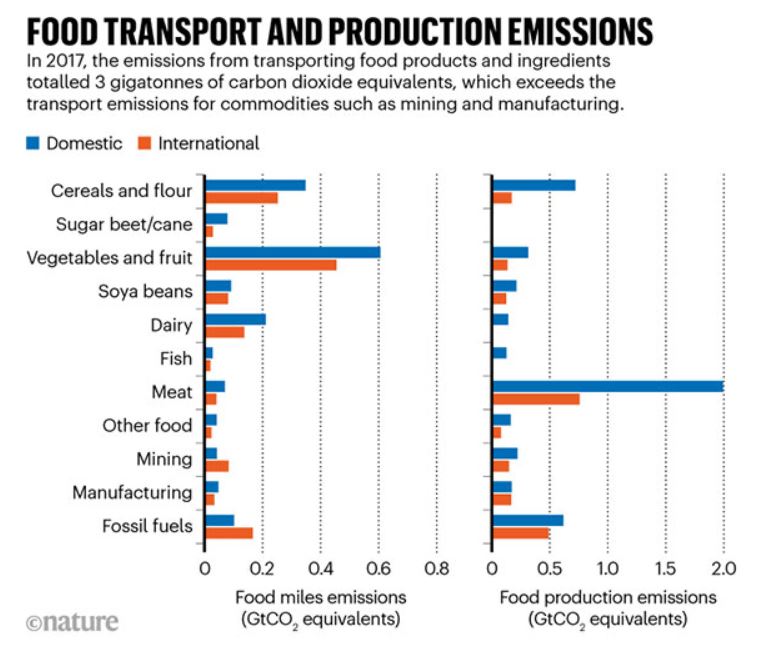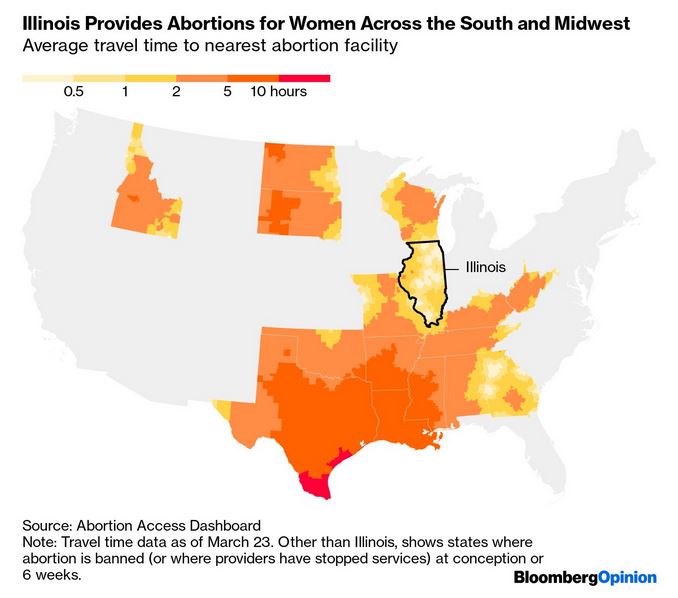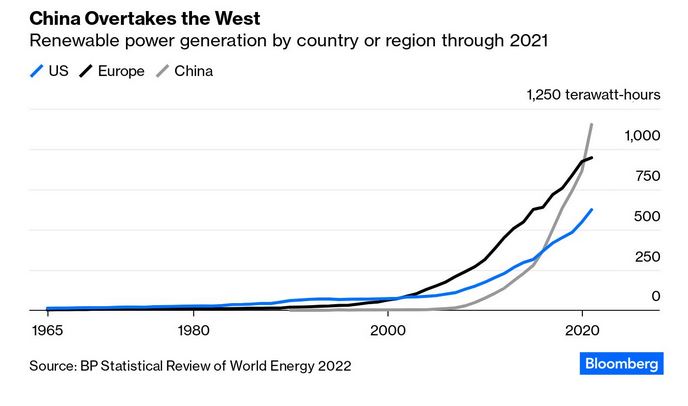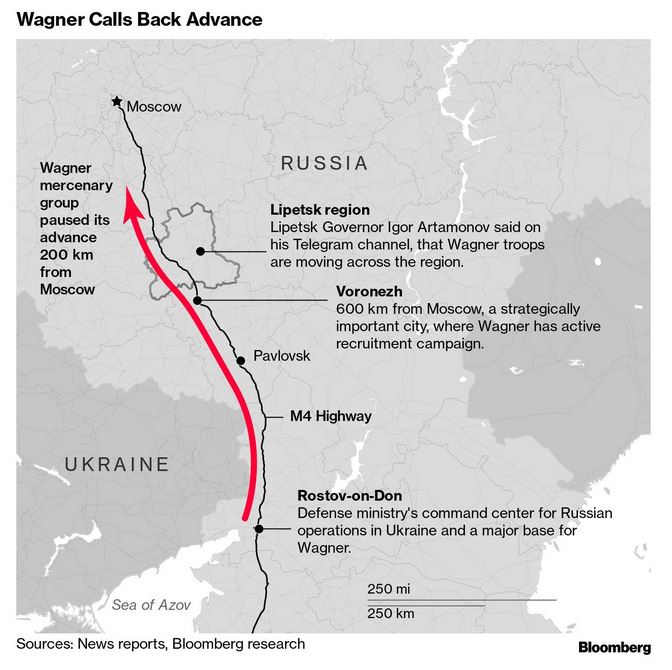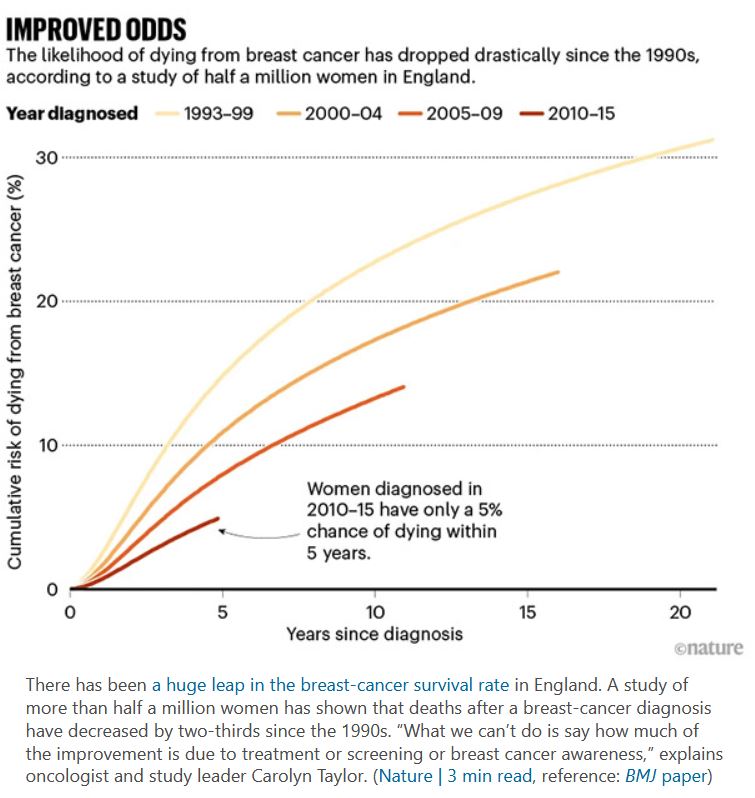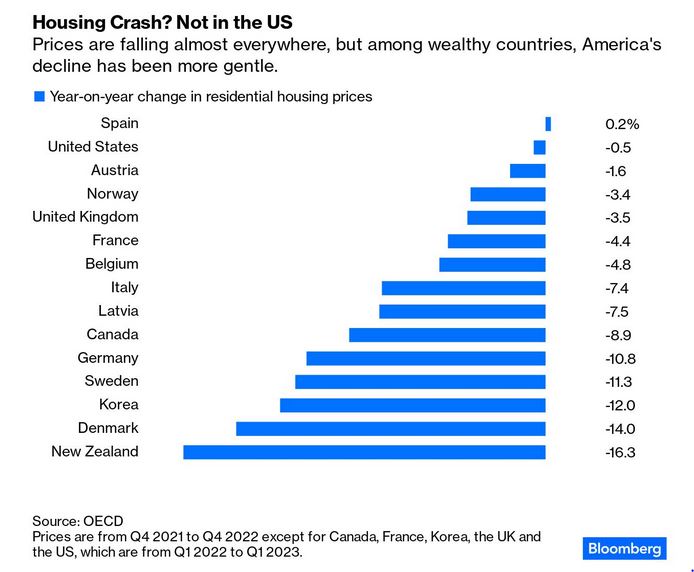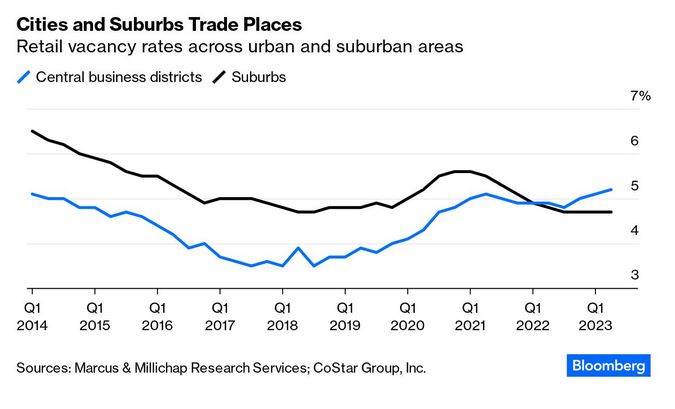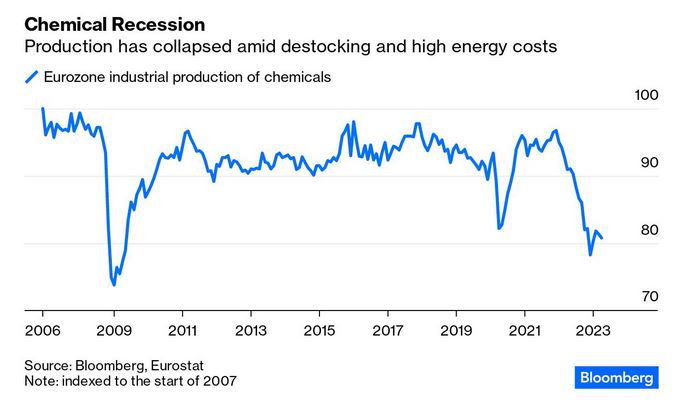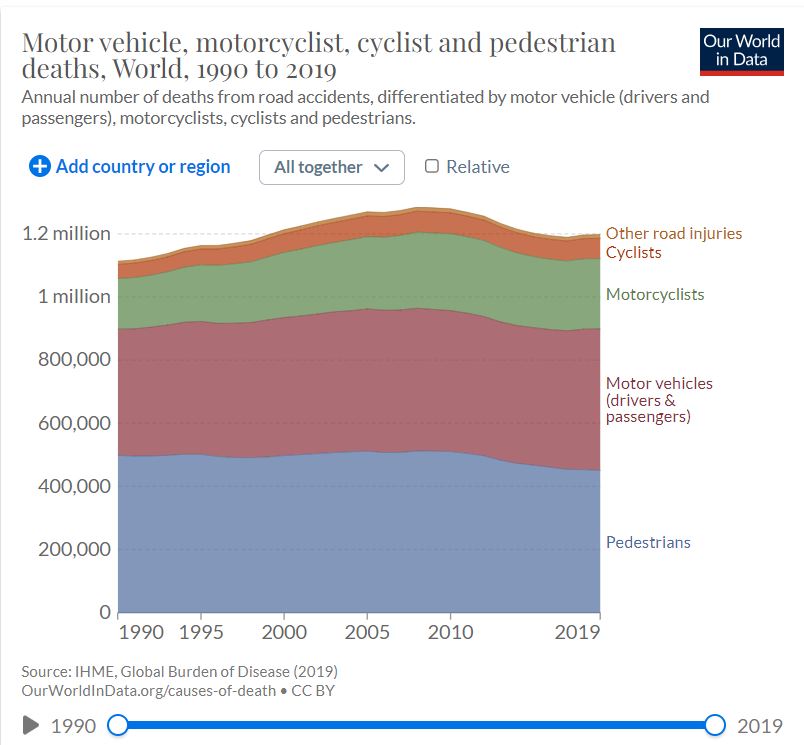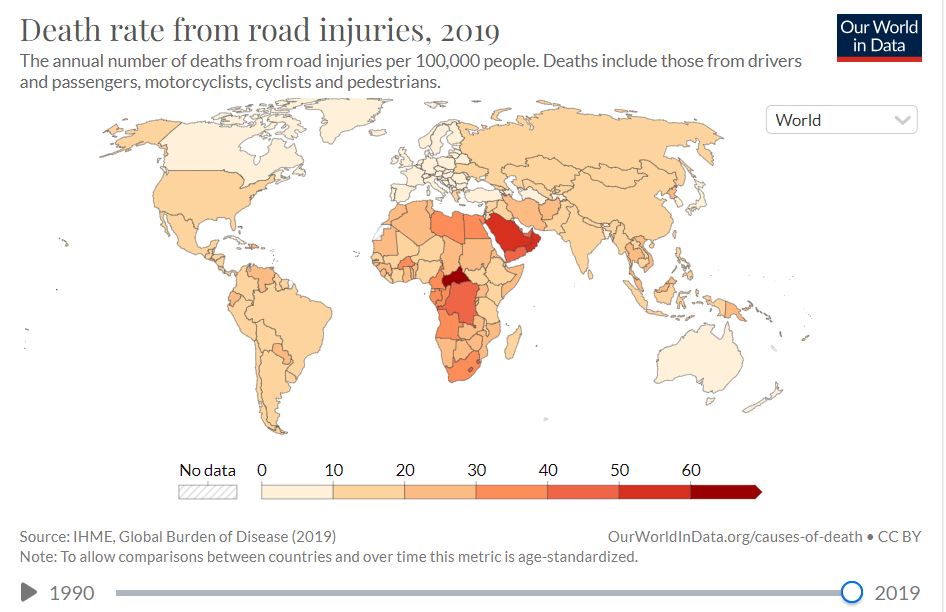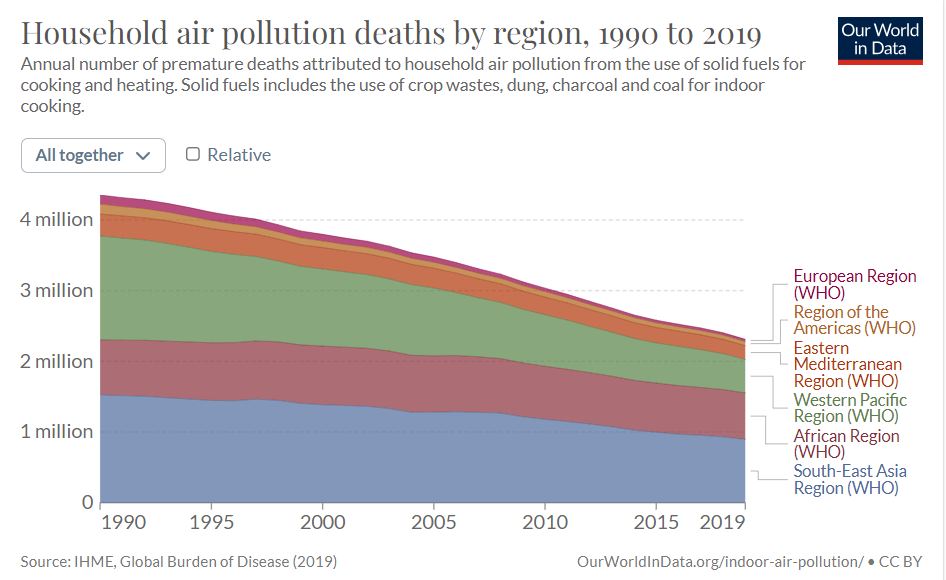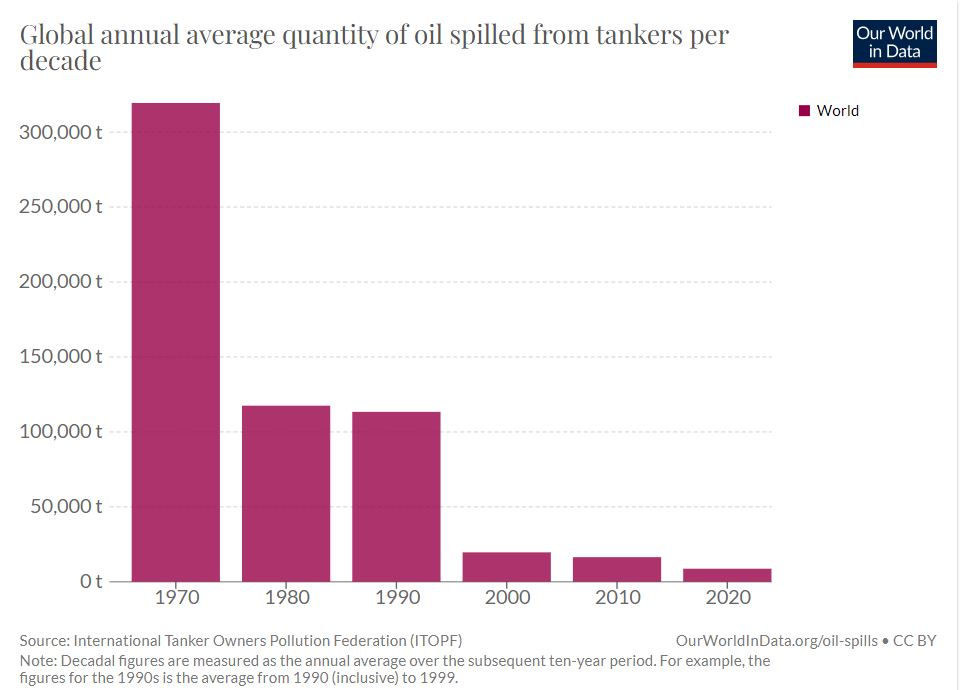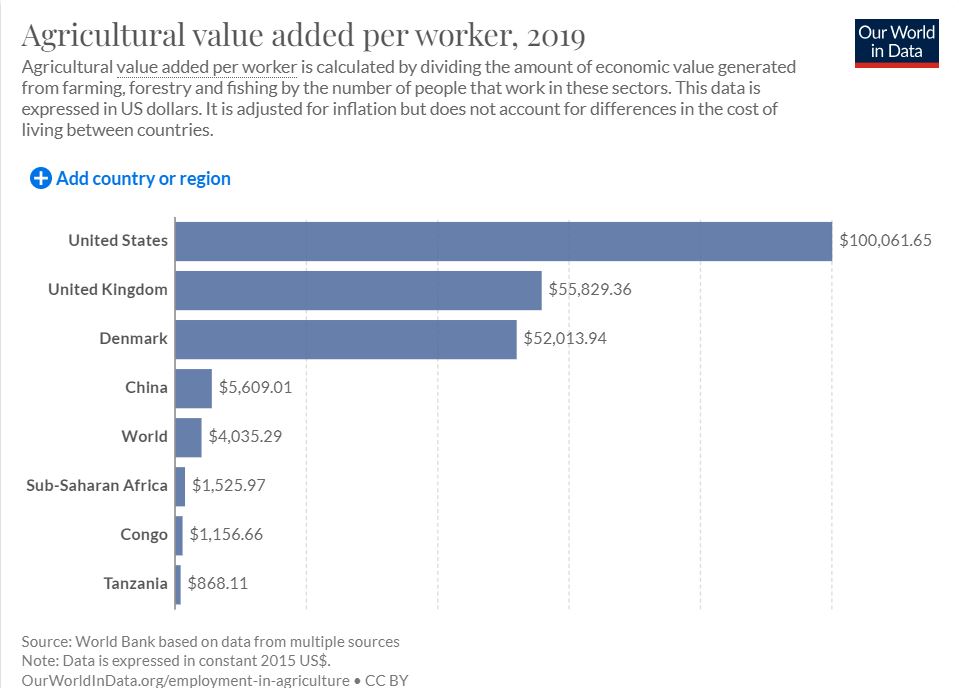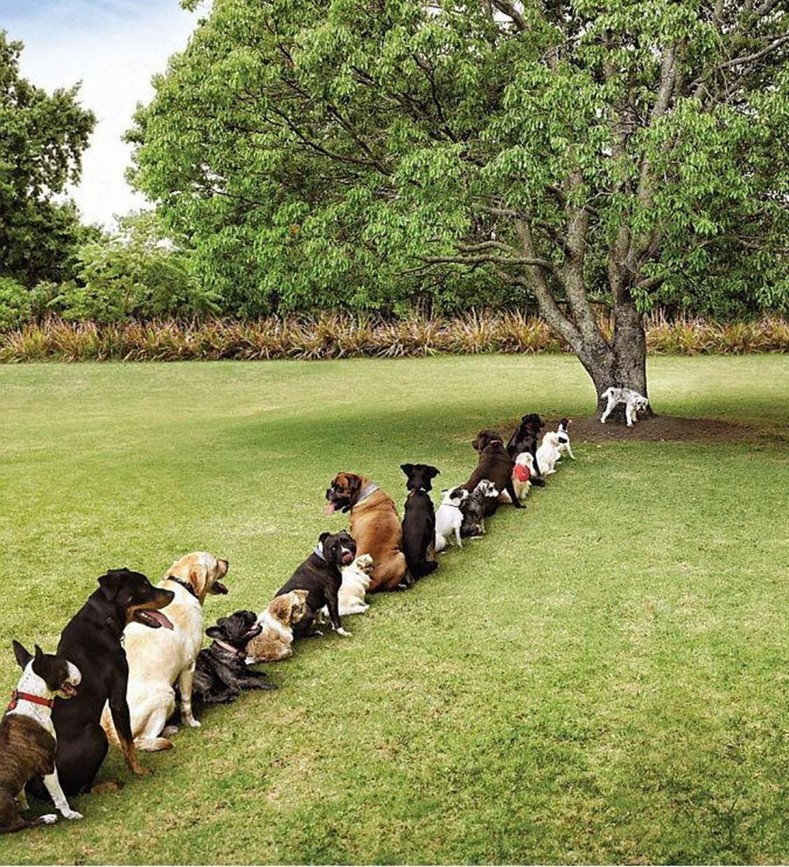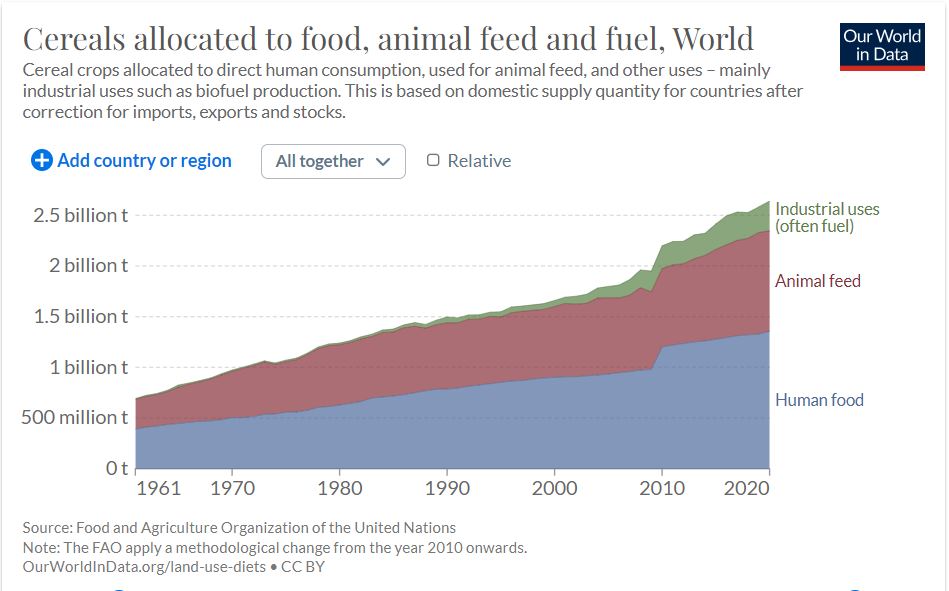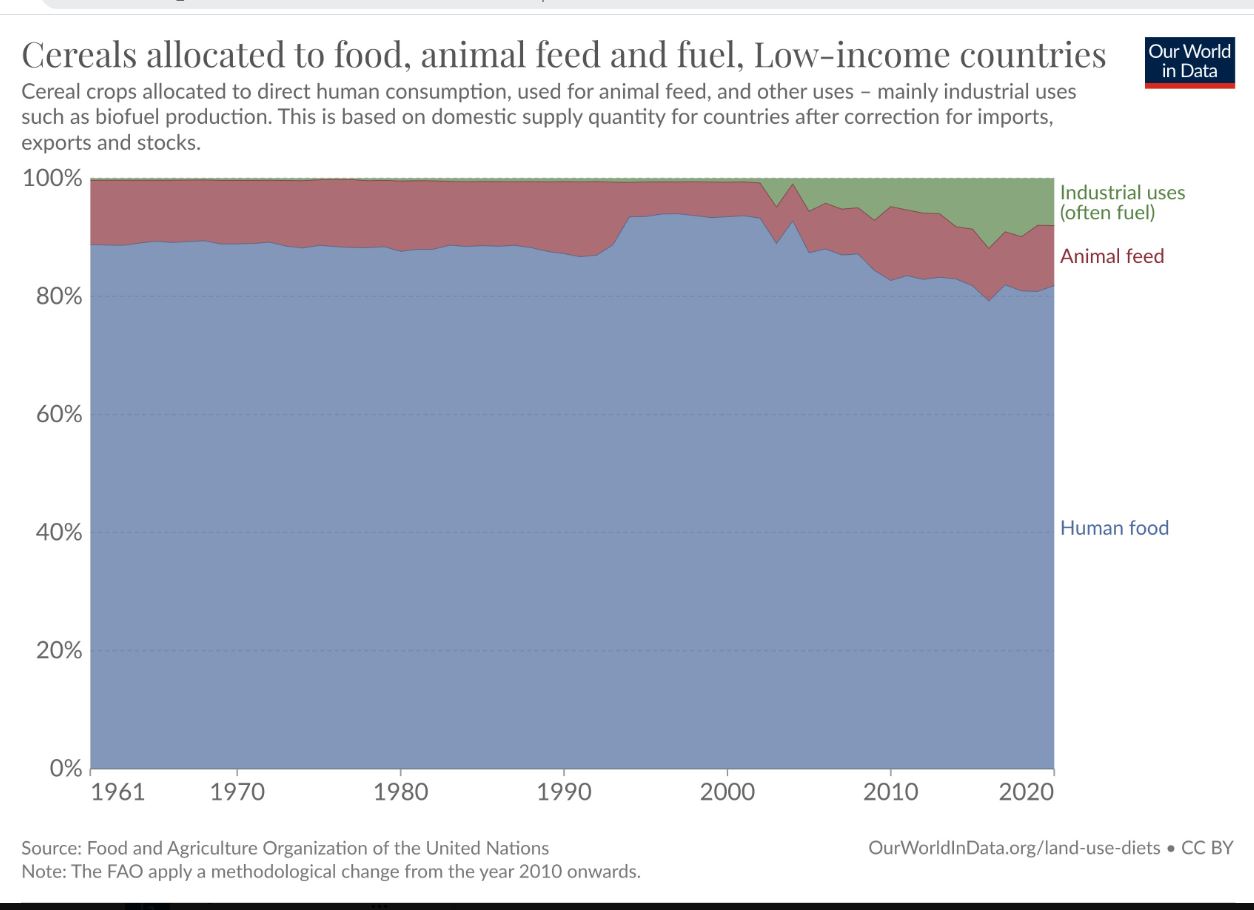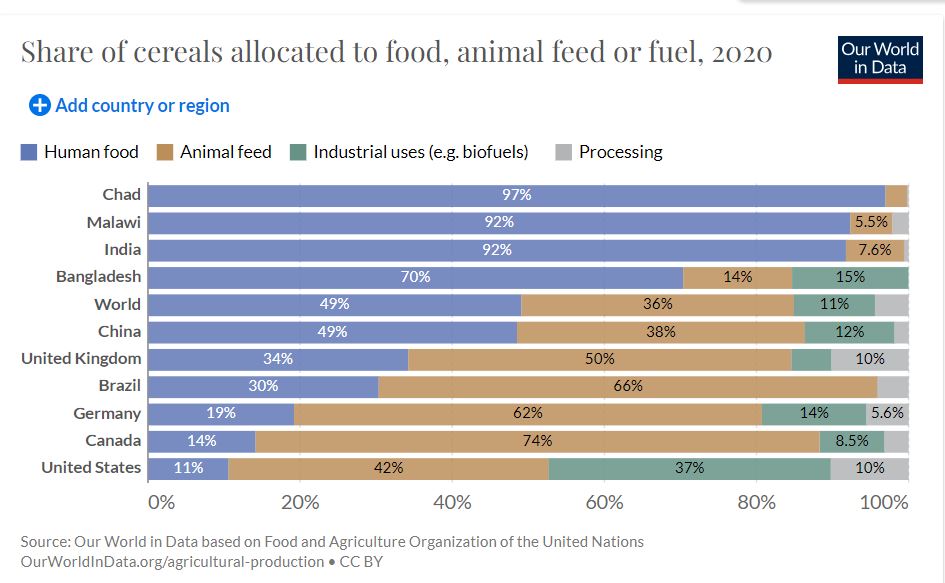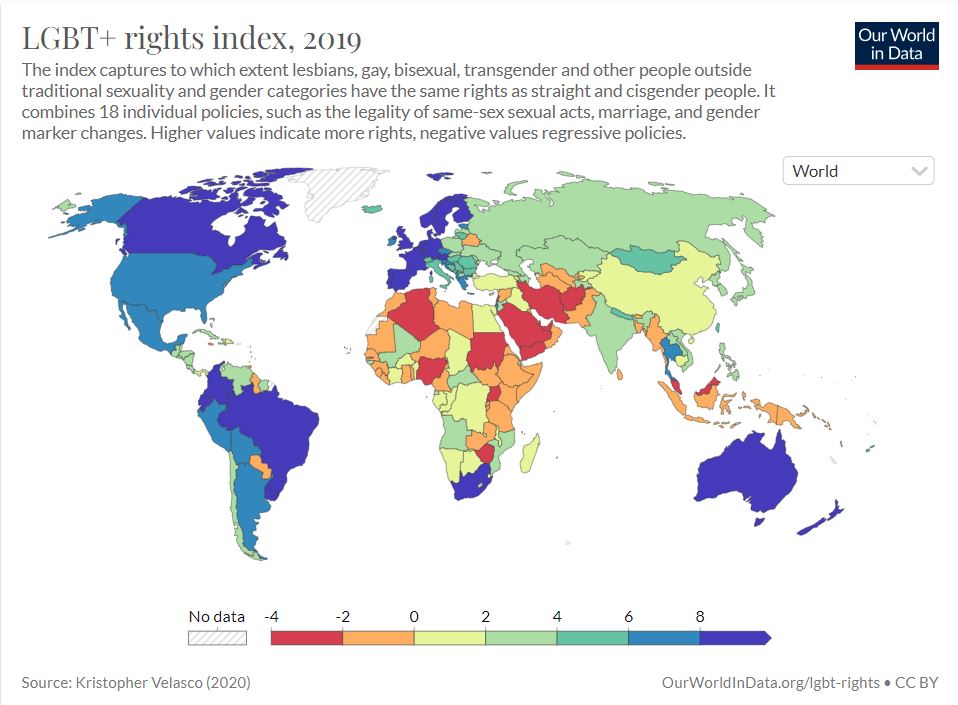|
You
can also view the message online
|
||||||||||||||||
 Châtenay-Malabry (FR - 92290), July 03, 2023 EFITA newsletter / 1074 - European Federation for Information Technology in Agriculture, Food and the Environment The informatique-agricole.org site offers you the possibility of subscribing the RSS feeds of its two newsletters See RSS feeds to implement to ensure that you continue to receive this newsletter To unsubscribe this newsletter, please contact me directely: guy.waksman(a)laposte.net if this link Unsubscribe does not work. 
To correspond with me (GW), please use this address: guy.waksman(a)laposte.net To subscribe the efita newsletter (please ask your friends and colleagues to test this link) Efita Newsletters subscription Avant l’informatique / Before computers Weekly newsletters about ICT in Agriculture in English and French Both newsletters have around 5000 subscribers. >>> Last weekly EFITA Newsletters in English (created in 1999) Efita Newsletters >>> Last weekly AFIA Newsletters in French (created more than 20 years ago in 1997) Afia Newsletters >>> Statistics for the latest efita newsletter >>> Latest issue of the afia newsletter >>> Latest available satistics for the afia newsletter European Space Agency Call: connected agriculture Activity: Kick-Start Activity Opening date: 01-06-2023 - Closing date: 31-08-2023 The ESA call provides funding to European teams who would like to develop a service related to Connected Agriculture. Funding will be provided by the European Space Agency (ESA) for 6-month projects called ‘Kick-Starts’, which can lead to larger scale Demonstration Projects and Feasibility Studies. Kick-Starts are 75% funded by ESA for a maximum of €60K per contract. Proposed services must use satellite data or space-based technologies. Please see the ‘Authorisation of Funding’ section below to check whether your team is eligible for funding. See business.esa.int Until about the 1820s, agriculture was slowly changing / Jusque vers les années 1820, l'agriculture n'a pas beaucoup changé... Contributions towards a sustainable and resilient agri-food system Submission and Deadlines: - Deadline for pre-registration of proposals: 20 July 2023 - 12:00h CEST - Deadline for full proposal submission: 7 September 2023 - 12:00h CEST The announcement of the 1st Green ERA-HUB Call has been published. The call will be on ‘Contributions towards a sustainable and resilient agri-food system’ and is applicable both for organic and conventional research. ICT-AGRI-FOOD network is part of Green ERA Hub (GEH) initiative which brings together 15 international networks in the agri-food and biotechnology field. The GEH, also known as the "network of networks," began its activities in September 2022 and plans to launch three research calls covering various thematic areas. The first GEH call involves a funding network consisting of 18 funding bodies from 14 countries: Belgium, Burkina Faso, Cameroon, Denmark, Finland, Germany, Italy, Ireland, Lithuania, Luxembourg, Spain, South Africa, the United Kingdom, and Uruguay. In accordance with the Call scope proposals must address one of the following four topics: Topic 1: Enhance fertilizer efficiency and reduce fertilizer use Topic 2: Increase European protein self-sufficiency Topic 3: Mitigate GHG emissions in agricultural and food system Topic 4: Sustainable energy use and production in agri-food systems Proposed projects can include approaches for organic farming and/or food as well as conventional approaches. For more details regarding the time-frame and participation in the call, please see Call Announcement and submission tool. Climate change, biodiversity and global sustainability of animal production 26 August - 1 September 2023 -- LYON (France) Joint International Congress on Animal Science co-organised by the European Federation of Animal Science (EAAP), the World Association for Animal production (WAAP) and Interbull. See eaap2023.org #FIRAUSA23 September 19 - 21, 2023 at SALINAS Sports Complex - California, USA
Agritechnica 2023 12 - 18 November 2023 - Hanovrer (DE) The World Agricultural Machinery Show is already sold out! See agritechnica.com La paysanne, 1875, par Johann Georg Meyer von Bremen Young girl knitting, not dated, 19th century, by Johann Georg Meyer von Bremen Croptix platform Discover the root cause using real-time data. Croptix is a precision agriculture platform that gives farmers accurate nutrient information and early disease detection. Traditional lab methods are slow and costly, often leading to missed opportunities for optimal crop management. Croptix provides farmers with real-time granular plant nutrition information and early disease detection, enabling growers to make informed decisions when they count. See croptix.ag Spring tips for Fieldmate users (NL) The new growing season is just around the corner and you are obviously busy preparing. To perform reliable measurements in the field again this year and make use of the Disease Pressure and SprayEffect advice, we have listed some tips for you. On the SmartFarm video channel, you can find videos with tips for using the FieldMate and SmartFarm app. One example is the rain gauge, to make sure you can measure rain properly it is important to check it before the season , see video check rain gauge. Download the latest SmartFarm app with its New features - New dashboard including disease risk - Accumulations to calculate growing days - Share sensor with your family or crop advisor See smartfarm.nl How did we see the future yesterday?? See the incredible collection developed by Alain Fraval futurefarming.com > What’s new in our Ag-drone buying guide 2023/2024? Featuring 23 different drones for spraying, fertilizer application, and seeding, Future Farming introduces an impressive range of new application drones in its Ag-drone buying guide 2023/2024. > Robotic lawn mowers: Harxon, Precision GNSS solution for robotic lawn mowers The lawn mower market is vast, and robotic lawn mowers are gradually becoming the main development direction of the lawn mower industry due to their characteristics of simple operation, > Drift from spray-drones: Research reveals how to cut drift from spray-drones > Buying an AG-drone: ‘Get a professional opinion when buying a drone’ > Spray-drones: Drones Combat Powdery Mildew in New Zealand > Drone swarm: Drone swarm is already a reality in Brazil > Flying autonomously: Dutch startup uses AI to teach drone to fly autonomously > Evtol technology: FAA approves new eVTOL technology Guardian SC1. > Spray-drones: Savings on resources by spot spraying broad-leaved dock > Drones and labor: HMC Farms, ag tech is about making jobs better > Organic rotovator: alternative to chemical weed control Last spring, many plots in The Netherlands turned very green. The changeable weather was an extra challenge for the organic rotovator to deliver good work. Sometimes a second treatment was necessary. > NIR technology: Five years of practical experience with NIR technology Dutch Agro innovation center De Marke has now been conducting research for five years into the accuracy of NIR sensors for determining contents in liquid manure. > Soil testing: Regen Ag Lab opens DNA soil testing technology for farmers A new partnership between Regen Ag Lab and Biome Makers makes DNA organic soil testing accessible to farmers in North America. > Distribution partner: AgXeed: New distribution partner for Denmark, Sweden & Norway Danish Agro Group has obtained the distribution rights of the Dutch brand AgXeed. > Field robots: Exclusive report: Research reveals how to cut drift from spray-drones Independent research in the USA reveals how using a swath offset for drone applications and the correct nozzle choice can cut drift to similar levels as a boom sprayer. > Gene drive system: CRISPR/Cas9-Based Gene Drive Could Suppress Agricultural Pests Researchers have developed a ‘homing gene drive system’ based on CRISPR/Cas9 that could be used to suppress populations of Drosophila suzukii vinegar flies. > Odd.Bot aims to excel in early-stage weed removal Dutch startup Odd.Bot has made progress in developing its precision weeding robot the past year. The focus remains on the weed control mechanism that can be combined with various vehicles and implements. > BayWa r.e. powers Agri-PV development in fruit cultivation A renewable energy project using PV modules above fruits has started construction in The Netherlands. > Transformation: Bayer comes with short-stalk maize and a cover crop for oil production Bayer Crop Science is spearheading the agricultural transformation with initiatives, including the introduction of a short-stalk maize variety and a cover crop that doubles as an oilseed crop. > Autonomous tractor: Flemish ILVO builds first autonomous electric tractor Research institute ILVO and mechanization company Verschueren converted an existing New Holland Boomer 45 tractor into a fully electrically powered, autonomous model. > Soil testing: Regen Ag Lab opens DNA soil testing technology for farmers A new partnership between Regen Ag Lab and Biome Makers makes DNA organic soil testing accessible to farmers in North America. > Distribution partner: AgXeed, New distribution partner for Denmark, Sweden & Norway Danish Agro Group has obtained the distribution rights of the Dutch brand AgXeed.
Agfunder > Guardian Agriculture nets $20m in Series A to expand precision crop protection drone technology, AFN, by Elaine Watson > Exclusive: Innova Memphis raises $40m to bring the rural US ‘innovations farmers actually want’, AFN, by Jennifer Marston > Biologicals won’t replace chemical crop inputs anytime soon. Here’s why, AFN, by Jennifer Marston > Dairy farmers urge FDA to crack down on animal-free dairy milk labels: ‘It is preposterous and absurd to call this milk’, AFN, by Elaine Watson See agfundernews.com L'enfant endormi / The Sleeping Child, 19ème siècle, non daté, by Johann Georg Meyer von Bremen Petite fille disant ses prières au lit / Little Girl Saying Her Prayers in Bed, non dated, by Johann Georg Meyer von Bremen A first thought for today No one has ever become poor by giving. Anne FRANK, Holocaust diarist (1929-1945) A second thought for today There is always something to do. There are hungry people to feed, naked people to clothe, sick people to comfort and make well. And while I don't expect you to save the world, I do think it's not asking too much for you to love those with whom you sleep, share the happiness of those whom you call friend, engage those among you who are visionary, and remove from your life those who offer you depression, despair, and disrespect. Nikki GIOVANNI, poet and professor (1943-). A third thought for today Words ought to be a little wild, for they are the assault of thoughts on the unthinking. John Maynard KEYNES, economist (1883-1946) A fourth thought for today An idea is salvation by imagination. Frank Lloyd WRIGHT, architect (1867-1959) Crime Survey for England and Wales (CSEW) from the Office for National Statistics for years ending December 1981 to December 2022 Molecular and physiological basis of high photosynthetic efficiency for enhancing crop yield potential - Wenbin Zhou, June 20, 2023 With the growing population in the worldwide, food security is still a global challenge. As the ultimate basis of yield, improving photosynthetic efficiency has been considered as one of the most promising strategies to enhance crop yield. Understanding the physiological and molecular basis of high photosynthesis efficiency is critical to achieve high yield in major crops. By comparing the photosynthetic characterization of high-yield maize varieties from 1970s to 2000s, we revealed that the high photosynthesis is the physiological basis of high yield throughout the variety evolution. Photosynthetic capacity of maize leaves locate at low and middle layers are the key determinates of yield. Moreover, we identified a key transcription factor OsDREB1C by screening the response of low-nitrogen and light status. OsDREB1C conferred substantial yield improvement up to 68.3% in rice, which was driven by enhance photosynthesis and nitrogen use efficiency. Importantly, OsDREB1C shortens the growth duration by promoting early flowering of rice up to 19 days. We further dissected the molecular mechanism that OsDREB1C coordinately regulate photosynthesis, nitrogen utilization and flowering, by activating multiple downstream target genes involved in those pathways. The conserved function of OsDREB1C in wheat and Arabidopsis suggested OsDREB1C can be a powerful tool to boost crop yield with less nitrogen cost. See inrae.fr Canada, the best, France good, UK bad In-Field Early Detection of Crop Health Croptix is a precision agriculture platform for in-field early detection of crop disease and nutrition. We help farmers spot problems and detect nutritional deficiencies before they are visible. With our technology – faster and less expensive than legacy testing – farmers can make informed decisions that save money and improve yield. Problem: Laboratory crop health tests are slow, expensive, and inconsistent Farmers have better things to do than pluck leaves from their crops, stick them in a bag, mail them to a faraway lab -- and then wait weeks for the results. Discover the root cause using real-time data. Croptix is a precision agriculture platform that gives farmers accurate nutrient information and early disease detection. Traditional lab methods are slow and costly, often leading to missed opportunities for optimal crop management. Croptix provides farmers with real-time granular plant nutrition information and early disease detection, enabling growers to make informed decisions when they count. See croptix.ag Immigration good for the Canadian Economy and good for Canadians Helping Every Grower Own Full-Field Aerial Application >>> Better crop protection, accessible to all Aerial application done right is better for crops, better for the environment, and better for growers' bottom lines. We're helping farmers own the ability to apply from the air with the only automated, electric, aerial crop protection systems designed specifically for large-scale agriculture. >>> Safe Aviation-grade features keep our vehicles operating safely over the farm fields they protect. Operators stay securely on the ground, their exposure to chemicals reduced thanks to precision application. >>> Sustainable Our systems guard the earth we share. They minimize chemical use (limiting waste, drift and resistance) while reducing reliance on fossil fuels. >>> Insightful Our technology captures comprehensive application data, making it fully actionable. These transparent insights (secured on US servers) enable growers to make continuous refinements and improvements. >>> Purpose built From the ground up, we designed our system for the unique world and needs of commercial agriculture. Everything from our batteries to our spray booms were developed to target chemical use precisely–from the tank to the leaf. >>> Profitable Our vehicles deliver superior, reliable crop protection at a cost-competitive number of acres per hour–and require only minimal training to operate. We guard the farmer’s bottom line, too. See guardian.ag Canadian Stocks Up Current conservation policies risk accelerating biodiversity loss, by Ian Bateman & Andrew Balmford, in Nature (land sparing more efficient than land share from many points of view) Current conservation policies risk accelerating biodiversity loss .../... Over the past five years or so, there has also been more research aimed at designing tools that allow policymakers and other stakeholders to understand the wider consequences of a change in land use. As an example, one of us (I.B.) is involved in a project to examine the full effects of the UK government’s decision, in 2020, to fund substantial increases in national woodland cover to remove greenhouse gases18. The Natural Environment Valuation Online tool (www.leep.exeter.ac.uk/nevo), which will be used in this project, combines information from multiple disciplines to show decision makers how such a change in the way land is used will help to satisfy England and Wales’s net-zero-emissions commitments, benefit biodiversity, improve access to recreation and so on. The tool also shows the impact of changes in land use on domestic food production, which can then be linked to changes in land use and biodiversity globally. The goal of research on system-wide impacts should not be to obtain ever more detailed sources of information about all the possible effects of a proposed policy change. Rather, analyses should be extended to the point at which the costs of collecting and analysing more data begin to exceed the benefits of more-informed decision-making. Such interdisciplinary studies and approaches that focus on the needs of decision makers must become the norm. The stakes are too high for policymakers to continue to ignore the promise of land sparing when so much research demonstrates that it is a much more effective approach than many of the strategies being deployed. This issue has become even more urgent since last December, with the adoption of the Convention on Biological Diversity’s goal of protecting 30% of the planet’s land and oceans by 2030. Exactly how this 30% will be put aside (as large contiguous natural habitats or as a multitude of fragments), and how the world’s growing demand for food and other goods will be met from the unprotected remainder of Earth’s surface, will in large part determine the biodiversity consequences of this ambitious commitment. Yet the story about land sparing carries an even broader message: unless researchers and policymakers assess the overall, global effects of interventions aimed at addressing biodiversity loss, climate change and environmental degradation, poor decisions that are unsupported by the data will at best under-deliver, and at worst exacerbate these existential threats. See nature.com More mothers die in Republican States that limit Abortion Cares Climate Change Challenge Crusades Must Not Risk Food Security, by V. Ravichandran, May 4, 2023 The “Farm to Fork” strategy is an important part of the EU Green Deal. As a farmer, I endorse the view that we should do everything at our command to reduce greenhouse gas emissions in all spheres of our life to the best of our ability. Farmers, due to the adverse impact of climate change, find ourselves in a tricky Catch 22 situation. Unlike other sectors of society, we the farmers have the most important obligation to feed the world. We must produce enough food to feed all and it must be nutritious. Concerns about climate change fuels much of the EU’s ambitions in this plan. However, a lack of understanding of modern agriculture often places the blame on farmers for the problem of greenhouse gases rather than a solution. In fact, we tend to think and care about the climate more than most people. .../... See globalfarmernetwork.org Au puit / At the Well, 1872, by Johann Georg Meyer von Bremen Les trois soeurs / The Three Sisters, non daté, by Johann Georg Meyer von Bremen Zoox begins testing robotaxis on public roads in Las Vegas, by Rebecca Bellan, June 28, 2023 Amazon subsidiary Zoox has begun testing its purpose-built, electric, autonomous robotaxis on public streets in Las Vegas, the company announced Tuesday. Zoox says this marks the first time that an autonomous vehicle built without pedals or a steering wheel has operated on public roads in Nevada. Zoox is starting small with a one-mile loop around the neighborhood where its Las Vegas facilities are located in the southwest region of the city, with plans to expand in the coming months. The initial route will test Zoox’s robotaxi on several unprotected turns and multi-way stops, as well as its ability to navigate roads with cyclists, pedestrians and other cars, according to a blog post. .../... See techcrunch.com
Google DeepMind CEO Says Company's AI Will Surpass ChatGPT, By Jennifer Torres, JUNE 29, 2023 See cmswire.com Generative AI: into the climate labyrinth we go, by Will Wells See linkedin.com Google’s “RoboCat” will power new general purpose robots The new AI can learn multiple tasks on multiple robotic arms. See freethink.com Booming Mexican Beer Industry The 6 biggest threats to farming on a global scale; By Agdaily Contributors, May 12, 2023 If we could peer into ag’s crystal ball, what would it portend? Multiple challenges beckon, potentially fueling the perfect storm. In these dangerous times of food insecurity, the biblical Four Horsemen of the Apocalypse have assumed new titles. They’re the four “C’s” of climate, crisis, conflict, and cost. Yet Murphy’s Law guarantees that anything that can go wrong, will go wrong — and at the worst possible time. Additional horsemen — consumption and cities — further vex us under a cloud of anxious uncertainty. Fortunately, this is tempered by good news: three “C” modifiers — the Anti-Horsemen — that offer reasons for optimism. See agdaily.com The Rise of Marine Protected Areas Viewpoint: The difference between the science cited by academic researchers and activists? Peer reviewed, consensus evidence, by Stuart Smyth, June 13, 2023 .../... This ‘secret ENGO report’ confirms that food prices are more important to people than food propaganda. Activist organizations are only capable of communicating false information if they are able to scare the public into donating to support their causes. Clearly, ENGO budgets are diminishing, given their radical strike terminology. Without funding, these voices of false information will disappear. Scientific evidence and knowledge is accumulated over time. In the 30 years since GM crops were first produced, vast amounts of knowledge has been created, all confirming safety and benefits. ENGOs are privately admitting their false information has been constantly refuted by this evidence. If you support science, innovation and factual knowledge, I encourage you to support science-based organizations. If you have donated to an ENGO in the past and are frustrated by their continuing disregard of evidence, then please consider donating to organizations that do respect science and evidence. The public deserve access to factual knowledge and constant ENGO rejection of facts and evidence reveals their lack of ethical standards that are not deserving of your generous donations. See geneticliteracyproject.org Indian Stocks Are Outperforming Increasing agricultural productivity across Sub-Saharan Africa is one of the most important problems this century, by Hannah Ritchie Agricultural productivity across Sub-Saharan Africa needs to improve to reduce hunger, poverty, and the destruction of biodiversity. See ourworldindata.org Shadow Economy is rising in Russia Oil Spills by tankers See ourworldindata.org High temperature of North Atlantic Waters Food Transport and Production Emissions Abortions in Illinois by Women coming from others States China best for renewable power generation Can CRISPR Cut Methane Emissions From Cow Guts? TED Audacious Project Funds $70-Million UC Collaboration for Health, Climate, by Clémentine Sicard April 17, 2023 .../... ethane emitted in cow burps comes from gas-producing microbes in the gut. Engineering these microbes to produce less methane would help limit emissions before they are burped out. “We’re trying to come up with a solution to reduce methane that is easily accessible and inexpensive, without restrictions or limitations, and that can be made available not only to California but globally,” said Hess. Hess and Kebreab’s vision is to one day deliver oral treatments to calves to intervene in their microbial systems at an early stage and reduce methane emissions for the rest of their lifetimes. While this is hypothetical for now, early studies offer hope it could eventually become a global practice. “Engineering microbes directly where they live, without the need to isolate them, has not been done yet because there is no tool to do it. Now, with UC Berkeley, we will be developing those tools,” said Kebreab. Hess and Kebreab’s labs are pairing up their complementary expertise: Hess will test the microbial tools and biocontainment strategies developed at the IGI in a lab setting, then he will deliver findings and results to Kebreab to apply to the animals out in the field. .../... See ucdavis.edu Wagner Group "Adventure" up to the suburds of Moscow
Finland’s wolf population continues to rise, By Pekka Vanttinen Finland’s wolf population has increased by 10% every year since 2017, with the latest estimates suggesting 310 wolves living in the country, according to a report by the Natural Resources Institute Finland (Luke) published on Wednesday. Likelihood of dying from breast cancer down China’s rising ‘rich world’ health problems In China, the shift from traditional cuisine to an increasingly Western diet, with more processed foods and meat, is fast becoming a public-health concern. “China is beginning to look like the United States and United Kingdom, where we’re starting to get adolescents with [type 2] diabetes,” says nutrition researcher Barry Popkin. The government is making moves to promote healthy eating following a period in which it focused primarily on food security. “We have a saying in China: you get enough to eat; then you eat better,” says Jikun Huang, director of the Center for Chinese Agricultural Policy. “It’s step by step.” See nature.com How psychedelics reset the brain Psychedelic drugs are promising treatments for many mental-health conditions, but researchers don’t fully understand why they have such powerful therapeutic effects. Now, a study in mice suggests that psychedelics all work in the same way: they reset the brain to a youthful state in which it can easily absorb new information and form crucial connections between neurons. Researchers gave a range of psychedelics to mice, including ketamine, psilocybin, MDMA, LSD and ibogaine. The drugs seemed to reopen a ‘critical period’ in which mice can learn to associate socializing with positive feelings. “It gives hope that [critical periods] are not irreversible and a very careful cellular understanding of psychedelic drugs might hold the key to reopening brain plasticity,” says neurologist Takao Hensch. See nature.com Housing less expensive (not in Spain and USA) Gene hacking gives proteins new powers Researchers can overcome nature’s limitations by tweaking the cellular apparatus that builds proteins from a genetic blueprint. Most life on Earth runs on just 20 amino acids — the building blocks of proteins — that are specified in the genetic code. By tinkering with the way words in the genetic code are translated into proteins, researchers can insert hundreds of unnatural amino acids to give proteins new abilities. This could, for example, make protein-based drugs more potent or turn living cells into factories for plastic polymers. See nature.com Nations wrestle with how to share virus data The ‘pandemic treaty’ — a global agreement that nations are hammering out about how to respond to the next massive outbreak — needs guidelines for fair data sharing, researchers say. During the COVID-19 pandemic, countries whose viral-genome sequences enabled vaccine development were sometimes slow to receive those vaccines, if they got them at all. This situation could one day lead disease-affected countries to withhold crucial data. One solution offered by a group of African nations is to create a global fund where 1% of sales from vaccines and diagnostic equipment would be shared with low- and middle-income nations. Pharmaceutical firms have also offered to allocate a portion of their vaccines to these nations in return for sharing data. The committee drafting the treaty has less than one year to come to a consensus. See nature.com Central districts / Suburbs retail vacancy rates 5 major regional agricultural belts in the U.S., by Brian Boyce Published: April 13, 2023 - The corn belt - The wheat belt - The cotton belt - The rust belt - The sun belt See agdaily.com A Bee’s Tale, by Chuck Dinerstein, MD, MBA, May 3, 2023 Bumble bees are prolific pollinators, vital in creating the crops we eat. A new study shows how co-evolution between the bees and the plants can reduce the deaths of bumble bees. See acsh.org Chemical production in EU down Technology Supports Sustainable Agriculture in the Desert – Global Farmer Network .../... This is what drew me to the UAE—and the construction of the world’s largest indoor vertical farm. .../... See globalfarmernetwork.org/ Crop One, Emirate open ‘world’s largest vertical farm’ in Dubai, by Christine Hall, July 19, 2022 See techcrunch.com Weak Yuan Uber Rival Bolt Bets on AI Robots With Starship Delivery Deal - Robots will handle Bolt Food orders in multiple cities - Partnership will launch in firms’ home country of Estonia See Bloomberg Grain-flinging robot goes into granaries so farmers don't have to, by Ben Coxworth, June 26, 2023 While farmers have to perform a number of difficult tasks, tending to the grain stored inside grain bins (aka granaries) is particularly arduous – not to mention dangerous. That's where the Grain Weevil grain bin management robot is designed to come in. See newatlas.com 1,2 million deaths per year on the roads of the world
Farmers on frontline as Dutch divided by war on nitrogen pollution, by Senay Boztas in Barneveld, 25 Jun 2023 Government’s buyout scheme is meeting fierce resistance from farmers in Netherlands. Veal farmer Wim Brouwer sits on his terrace, an “emergency” red flag flying outside and his laptop open on a page revealing he is one of the Netherlands’ peak polluters, due to the nitrogen excreted each year by his 1,360 calves. His business sits in one of the most intensively farmed parts of Europe’s most intensively farmed country, a huge exporter with more than 110 million livestock, including cattle, chickens and pigs. Nitrogen compound emissions are a big matter in this small, packed country, becoming the dominant political issue over the course of a four-year crisis. Among other impacts, the crisis has hampered crucial housebuilding, because builders need nitrogen permits from a limited supply to cover construction emissions. The crisis has polarised social opinion, spurring the rise of a new rural populist movement and mobilising environmentalists who are desperately concerned about the state of wild habitats. .../... De Vries advocates building a sustainable farming sector, adding that while ammonia may have more local impact than NO2, nobody is talking about driving less or banning cars. .../... See theguardian.com Air pollution deaths by region, 1990 to 2019
Svenja Flasspöhler, filósofa. “Decir ‘no’ es un signo de autonomía. Pero puede ser más fuerte decir ‘te deseo”, de Carmen Pérez-Lanzac, 26 Jun 2023 La pensadora alemana le ha sacado peros al MeToo y a la izquierda ‘woke’. Dice que si las mujeres dan con su poder sexual, el miedo hacia ellas se volverá deseo. Svenja Flasspöhler, filósofa, siente inclinación por la controversia. Dedicó su tesis a estudiar la obra con tintes pornográficos del Marqués de Sade, donde afirmaba que, dado que Dios no existe, la única fuerza a la que los humanos podíamos aferrarnos era a la de nuestra propia estimulación sexual. Ella quiso analizar los vínculos entre esta idea y el sujeto moderno. En 2019 publicó La potencia femenina (Taurus), en el que criticaba algunas posturas del movimiento MeToo y abogaba por una feminidad activa, rechazando la mirada de la mujer como víctima. Y en marzo editó Sensible (Herder), en el que habla sobre la progresiva sensibilización social e individual y el límite de lo tolerable. La entrevista tiene lugar en un café de Berlín. Es una mujer potente y cercana de mirada turbadora. Teme ser malinterpretada. Las críticas, cuando las considera injustas, le hieren. PREGUNTA. Usted dice que el sujeto moderno espera protección del Estado, de los demás, pero que a la vez no espera nada de sí mismo. RESPUESTA. Veo una tendencia entre algunos a acusar y a pedir protección al Estado, pero ellos mismos no hacen autocrítica. Muchas mujeres no se paran a analizar que históricamente siempre se ha exigido que las mujeres seamos consentidoras, y que a resultas de esto algunas no muestran su deseo sexual o, en algunos casos, no saben negarse. En el MeToo falta este tipo de autorreflexión. Debemos meditar para empoderarnos a nosotras mismas y a nuestro género. P. Escribe que la resiliencia es hermana de la sensibilidad. R. Primero tengo que explicar lo que entiendo por resiliencia. Para mí, es una fuerza sensible y flexible que percibe lo que ocurre dentro y fuera, pero que tampoco se doblega ante la presión externa. Una mujer resiliente no se comportará pasiva y complaciente en el bar de un hotel si un hombre muestra interés sexual en ella. Tampoco rechazará las insinuaciones por principio ni obedecerá al antiquísimo cliché de la mujer burguesa que tiene que decir que no, ya propagado por Rousseau. Ella tiene una relación con su propio deseo. P. O ser quien manifieste interés en el hombre, dado el caso. R. Por supuesto. Esa es una de las cosas que me resultan más problemáticas del MeToo. No se abre la puerta a la posibilidad de que sea la propia mujer quien desee al hombre. Se concibe al hombre como el perpetrador, las mujeres son las víctimas. Y ya. Es como si la mujer siempre tuviera que decir que no. Decir ‘no’ es un signo de autonomía. Pero puede ser más fuerte decir ‘te deseo’. Para mí el MeToo no es una fuerza emancipadora, sino un peldaño en esa dirección. P. Insiste en la responsabilidad que tenemos sobre nuestras vidas. R. Cuando entiendes quién eres y cómo llegaste ahí, crece tu autonomía. Hay gente que culpa a las estructuras de la sociedad, pero olvidan nuestro poder individual. Yo viví en una familia compleja, mi madre nos abandonó por vivir con otro hombre. No fue fácil. Necesité psicoanalisis, fue mi forma de liberarme, de encontrar mi individualidad. P. Usted llegó a desear que su madre sufriera por haberla abandonado. ¿Cómo logró perdonarla? Escribió un libro sobre ello: Verzeihen: Vom Umgang mit Schuld (Perdón: lidiar con la culpa, sin traducir al español). R. Mi madre se divorció tres veces, tuvo amantes, tenía mucho deseo sexual, fue mucho más libre que muchas otras mujeres, pero no era responsable. Cuando vi que mis sentimientos hacia ella empezaban a cambiar y me vi un poco más cercana a ella, lo que me pregunté fue: ¿puedo llegar a entenderla? P. Para poder ayudar a alguien, ¿hay que entender lo que siente? R. La izquierda woke afirma que solo si un asunto te concierne puedes hablar sobre él. Sin embargo, los psicoanalistas no están concernidos por lo que afecta a sus pacientes y están mejor situados para ayudarlos. Es importante oír a la gente concernida, pero se necesita la perspectiva de la gente a la que el asunto no le afecta. Ojo: no me refiero a los perpetradores. P. Al empatizar, a veces adoptamos tanto la perspectiva del otro que usted cree perdemos la perspectiva. R. Nietzsche afirmó que cuando alguien es demasiado empático se pierde a sí mismo. El filósofo alemán Max Scheler dijo que cuando hablamos de empatía nos referimos a una especie de contagio emocional y que eso no es empatía, sino que estaríamos conmoviéndonos con los sentimientos del otro de una forma casi refleja. Y así, lo que consideramos empatía a veces puede convertirse en una agresiva agitación de masas. P. Dice que deberíamos convertir en gozo el miedo de los hombres hacia la mujer. R. Si analizamos el discurso de Freud, el miedo del hombre a la castración está ligado a la idea de que las mujeres carecen de pene. De esta forma, impotente y sin deseo, la mujer era —según Freud— una amenaza andante que había que quitar de en medio. Pero podemos elaborar un concepto distinto de qué es una mujer, uno en el que la mujer sea ella misma deseante y posea potencia. Entonces será posible que los hombres pierdan ese temor y reconozcan a ese alter ego femenino. De esta forma cambiaríamos miedo por deseo y gozo. P. La cultura de la cancelación ha llegado a Europa. ¿Cómo deberíamos gestionar este tema? R. Las instituciones están demasiado pendientes de las redes y del ambiente en la sociedad. Si ven que se puede avecinar una crisis reputacional, directamente cancelan la conferencia o lo que se tercie. Deberían superar ese miedo y ser resilientes. Si tienes miedo, solo te oprimes más y más. P. ¿En qué momento diría que estamos como sociedad? R. En uno de lucha. Se oyen muchas voces que reclaman derechos, su parte del pastel. En La democracia en América, Alexis de Tocqueville dijo que cuanto más igualitarias sean las sociedades, más sensibles se volverán hacia los privilegios existentes. Los conflictos que vemos hoy en día en todos lados son una señal de progreso; son necesarios. Ver elpais.com The Little Goat Herder by Johann Georg Meyer von Bremen (1813 – 1886, German) Peasant Girl Carrying Wood And Flowers by Johann Georg Meyer von Bremen (1813 – 1886, German)
The creation of this efita newsletter is sponsored by Acta Digital Services and its distribution by vitisphere.com Please, contribute to the content of your efita newsletter, and advertise your events, new publications, new products and new project in this newsletter. Without your support, it will not survive! Contact: Guy WAKSMAN E-mail: guy.waksman(a)laposte.net To read this newsletter on our web site See Efita The archives of this newsletter See Efita Do not miss the Virus Jokes in English and French About the EFITA mailing list You can use the efita moderated list (> 15000 subscribers) to announce any event / product / web site / joke (!) related to IT in agriculture, environment, food industry and rural areas. If you want to subscribe a friend, please fill in his form. If you do not wish to receive our messages, please fill in the following form...
|

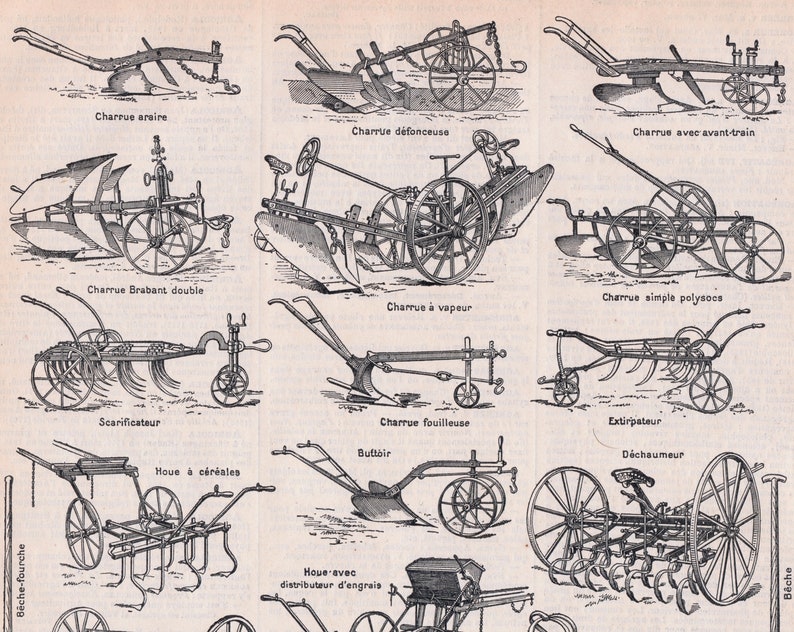



.jpg)
.jpg)
.jpg)


.jpg)
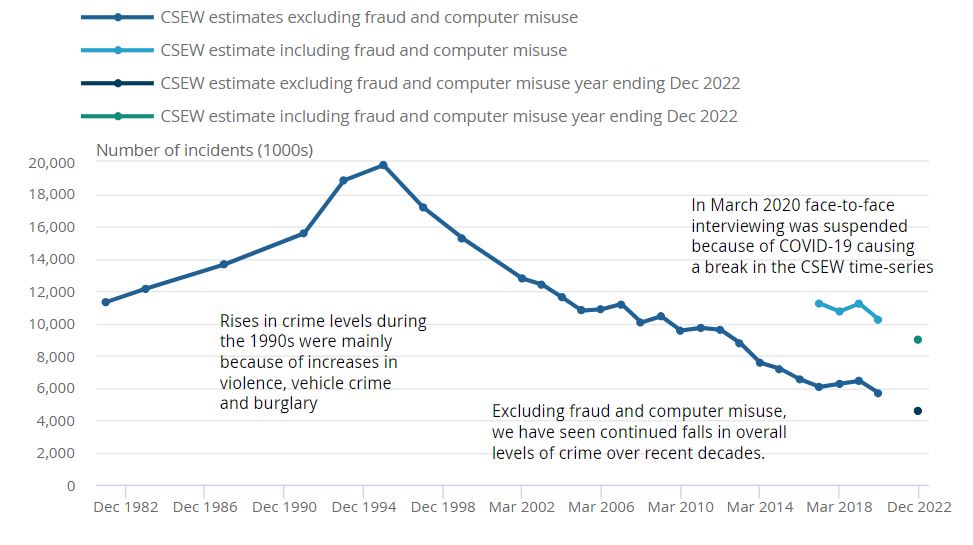
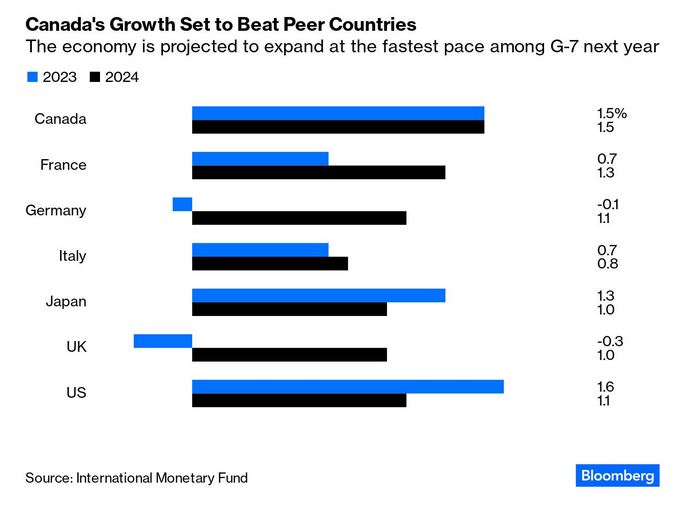
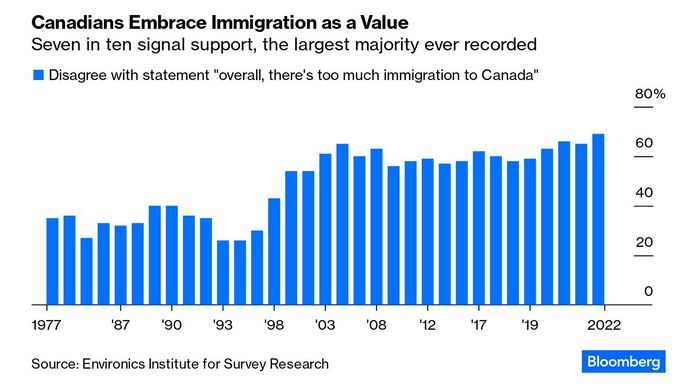
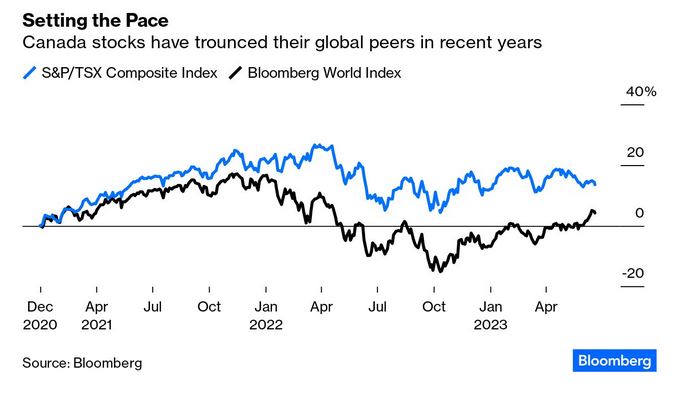
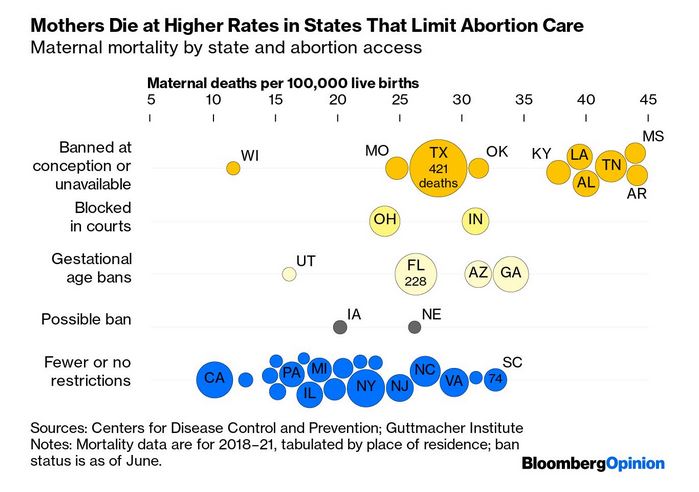
.jpg)

